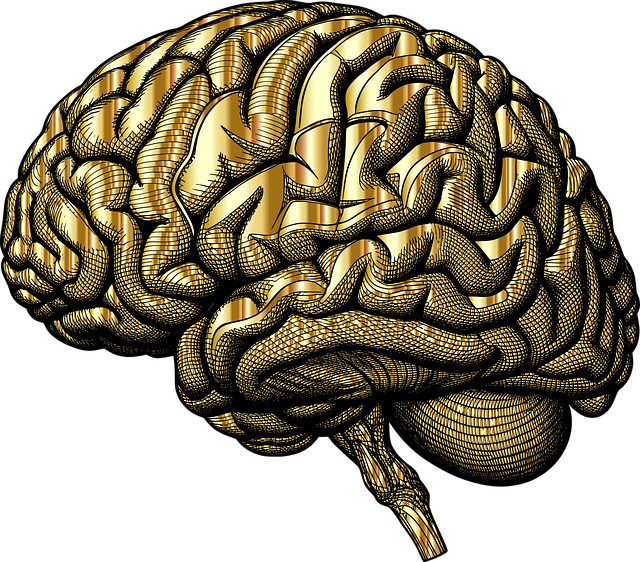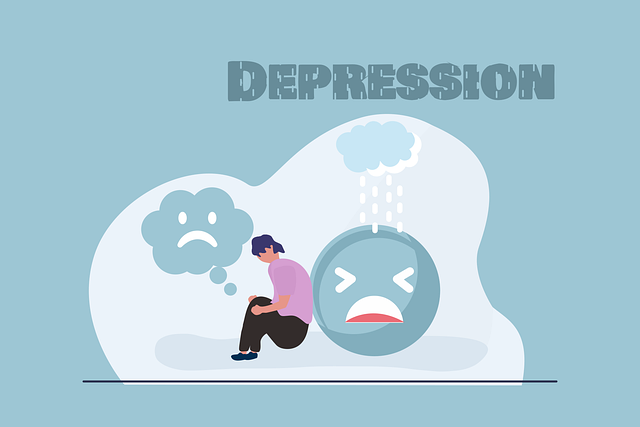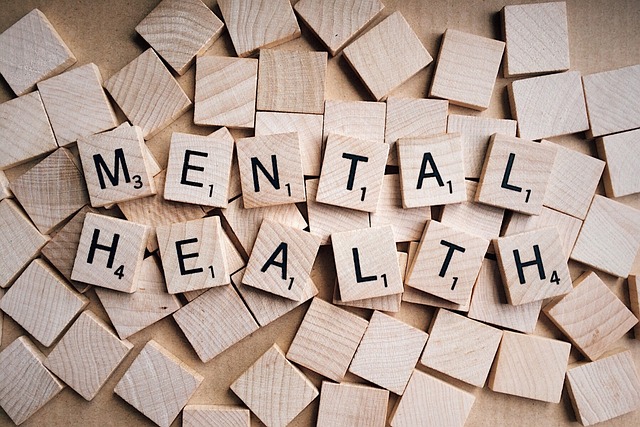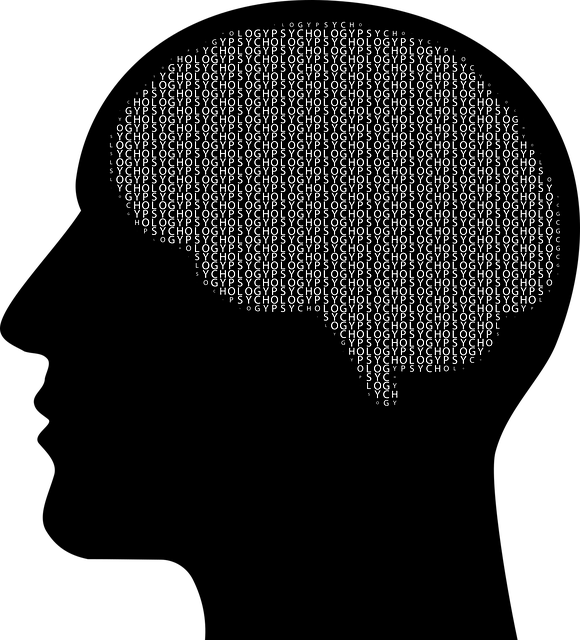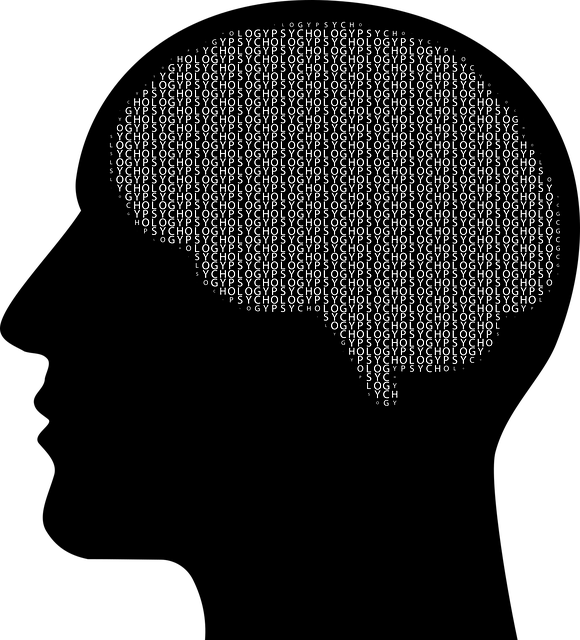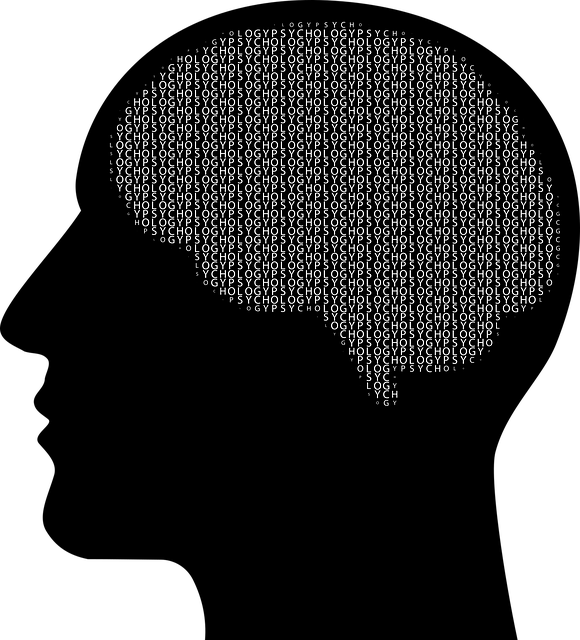Social Skills Training (SST) in Denver specializes in helping individuals with Autism Spectrum Disorder (ASD) develop practical social skills through role-playing and group activities, improving communication, confidence, and community participation. Denver ASD Therapy combines evidence-based practices, mindfulness meditation, and stress reduction to address unique challenges, fostering overall well-being and public awareness for individuals on the autism spectrum.
Social skills training is a powerful tool for individuals with mental health conditions, offering a structured approach to navigate social interactions. This article explores the significance of such training, especially in the context of Denver Autism Spectrum Disorder (ASD) therapy, which has proven effective in enhancing social abilities. We delve into practical strategies and techniques used in effective training, providing insights for professionals and caregivers supporting those on their mental health journey.
- Understanding Social Skills Training for Mental Health Conditions
- The Role of Denver Autism Spectrum Disorder Therapy in Social Skills Development
- Practical Strategies and Techniques for Effective Social Skills Training
Understanding Social Skills Training for Mental Health Conditions

Social Skills Training (SST) is a specialized form of therapy designed to help individuals with mental health conditions, such as Denver Autism Spectrum Disorder (ASD) Therapy, navigate and improve their social interactions. SST focuses on teaching practical skills essential for engaging in meaningful conversations, interpreting non-verbal cues, and understanding social norms, which can be particularly challenging for those with ASD or other neurodevelopmental disorders. By participating in role-playing scenarios and group activities, individuals learn to express themselves more effectively, build confidence in social settings, and enhance their ability to form connections with others.
This therapeutic approach goes beyond traditional talk therapy by emphasizing practical application and real-world experiences. It aims to bridge the gap between clinical knowledge and everyday life, fostering a deeper understanding of social dynamics. The benefits are far-reaching, not only improving self-esteem improvement but also promoting cultural sensitivity in mental healthcare practice. Through SST, individuals gain the tools to participate actively in their communities, increasing their overall well-being and public awareness campaigns development.
The Role of Denver Autism Spectrum Disorder Therapy in Social Skills Development

Denver Autism Spectrum Disorder (ASD) Therapy plays a pivotal role in enhancing social skills development for individuals navigating mental health conditions, particularly those on the autism spectrum. This specialized therapy goes beyond traditional approaches by incorporating tailored strategies that cater to the unique needs and strengths of each individual. Through interactive and engaging sessions, clients learn effective communication techniques, improve their ability to interpret social cues, and develop empathy—skills crucial for building meaningful connections and fostering positive relationships.
By integrating evidence-based practices such as mindfulness meditation and stress reduction methods, Denver ASD Therapy promotes self-care routine development for better mental health. These strategies not only help clients manage anxiety and sensory sensitivities but also empower them to cultivate a sense of calm and resilience in social settings. Ultimately, the holistic approach adopted by this therapy equips individuals with the tools necessary to navigate social interactions with confidence, leading to improved overall well-being.
Practical Strategies and Techniques for Effective Social Skills Training

Social Skills Training for mental health conditions requires a multi-faceted approach that goes beyond traditional therapy sessions. At Denver Autism Spectrum Disorder Therapy, we focus on empowering individuals with practical strategies and techniques tailored to their specific needs. Our Mental Health Education Programs Design emphasizes interactive learning experiences that foster social connections and build resilience. By incorporating compassion cultivation practices, participants learn to navigate social situations with greater ease, boosting self-confidence and improving overall well-being.
One effective technique involves role-playing scenarios that mimic real-life interactions. This hands-on method allows individuals to practice crucial communication skills in a safe environment. Additionally, group activities designed to encourage teamwork and empathy help participants develop a deeper understanding of others’ perspectives, which is particularly beneficial for those dealing with conditions like depression. By combining these innovative approaches, our programs aim to cultivate a supportive community where everyone can thrive and develop the essential social skills needed for navigating today’s hustle and bustle world.
Social skills training, as demonstrated by innovative approaches like Denver Autism Spectrum Disorder Therapy, plays a pivotal role in improving mental health conditions. By employing practical strategies and techniques, individuals can navigate social interactions with increased confidence and ease. This comprehensive training not only enhances their quality of life but also fosters more inclusive and supportive communities. As we continue to explore and refine these methods, the benefits for those facing mental health challenges become increasingly evident.


